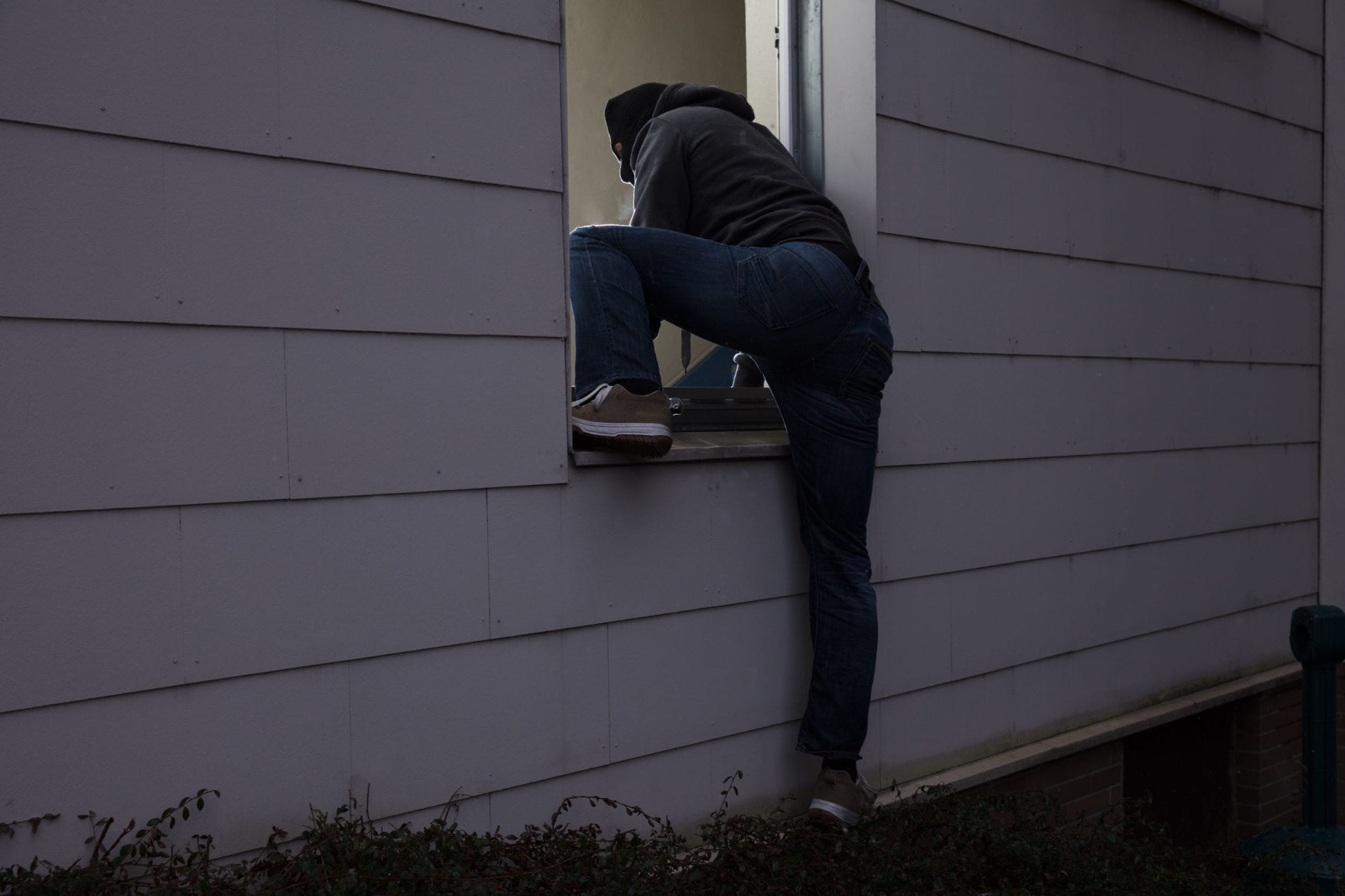
Burglary is a serious crime which comes with severe penalties for those found guilty of the offense. That being said, charges for burglary can be beaten.
Put both of these things together and you can see why it is so very crucial that you do everything in your power to fight back if you have been accused.
Thankfully, there are several strategies that a defendant can use to battle burglary charges.
In this post, we’re going to cover the law itself and potential defenses that your lawyer might be able to use.
The 3 Elements Necessary to Convict Someone of Burglary in Minnesota
There are three elements that the prosecution must prove for a residential burglary conviction to be made.
That the defendant:
- Broke into, entered illegally or without authorization
- Into a building, occupied dwelling or unoccupied residential property
- With an intention of committing crime inside the premises
These three elements are necessary components of a residential burglary charge. If the prosecution isn’t capable of proving any one of the three, the burglary case made against you is going to fail.
The job of your defense team, then, is to discredit the claims made by the prosecution and show that they have no basis. Your attorney can also argue that your crime wasn’t burglary, but another form of crime that’s far less serious.
Potential Defenses to Minnesota Residential Burglary Charges
Claim of Actual Innocence
The most basic defense involves convincing the court that the defendant is innocent of the charges of burglary because he/she did not commit the criminal acts in question.
Note that we said “convince” and not “prove.” In our court system, you are innocent until proven guilty. That means it is the job of the prosecution to prove that the defendant is guilty beyond any reasonable doubt. All you need to do to beat your charges is create plausible doubt that you are guilty of the crime in question.
There are several ways through your attorney can call the prosecution’s evidence to question. They could, for instance:
- Provide an alibi
- Use forensic technology to discredit the reliability of the evidence presented
- Call in character witnesses
- Show that there was no motive to commit the crime
- Show that there was no opportunity to commit the crime
- Discredit prosecutorial witnesses who can’t provide credible testimony
- Negate the charges by eliminating one or more factors that constitute a residential burglary crime
Affirmative Defense
Another defense strategy that’s commonly used to battle burglary charges is convincing the court that though the defendant engaged in the activities described by the prosecution, it doesn’t amount to a criminal offense worthy of conviction.
There are different ways of making a defense in this manner. Examples of affirmative defense strategies include the following.
- Arguing that entry into the property was authorized and not illegal (e.g. the defendant had consent from the occupier or owner of the building to enter).
- Arguing that the defendant did not have a specific intent to commit a crime when they gained entry into the building in question.
- Arguing that the defendant was entrapped into engaging in the behavior described by the prosecution. The defense team, in this case, would need to convince the court that the defendant wouldn’t have committed the crime if they hadn’t been forced by a law enforcement official or government officer.
- The defendant was forced to commit a crime under threat of physical injury, harm, death, etc.
- Stating that the activities described by the prosecution did not occur in a building or structure. Residential burglary charges do not hold for acts done in open spaces or other places that aren’t actual structures.

As you can see, there are a number of diverse approaches to fighting residential burglary charges. An experienced attorney will work out the most effective strategy for your specific charge to give you the best chance at getting your charges dropped, dismissed, or reduced.
About the Author:
Christopher Keyser is a Minneapolis-based criminal and DWI defense attorney known for fighting aggressively for his clients and utilizing innovative tactics to get the most positive results. He has been featured in numerous media outlets due to the breadth and depth of his knowledge, and recognized as a Minnesota Super Lawyers Rising Star (2014–2015), a Top 100 Trial Lawyer (2013–2015), and a Top 40 Under 40 Attorney (2013–2015).





